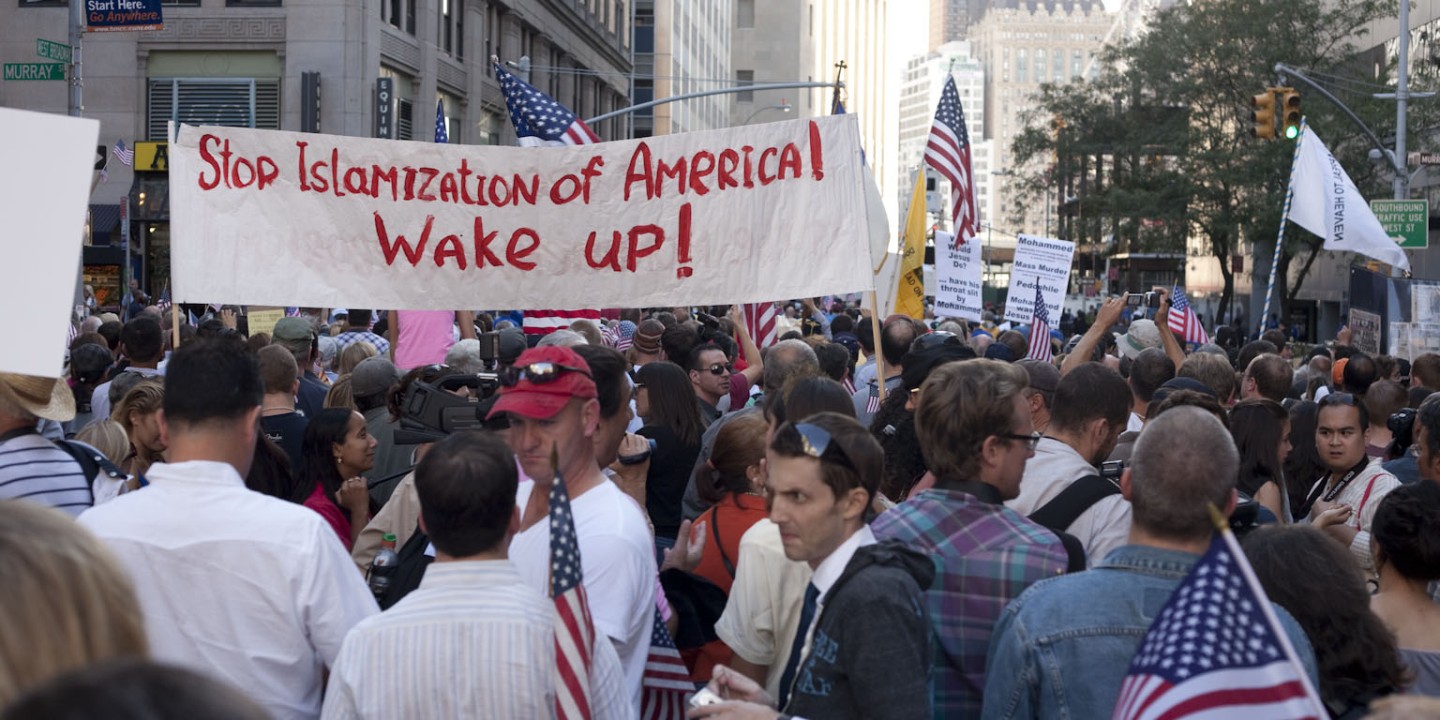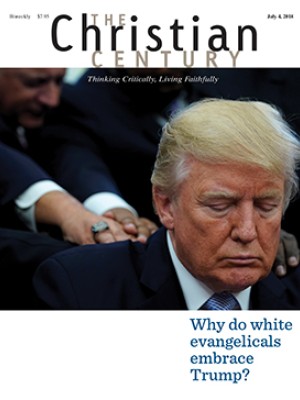How Christian Trump voters chose fear over compassion
Fear is a terrific uniter, but it's a strange way to carve out a Christian life.
There are many explanations for why white, conservative evangelicals have doubled down on their veneration of a president whose resentments, narcissism, moral failings, and regular disregard for truth belie most tenets of biblical Christianity. But one reason for such loyalty seems to supersede all others: the sense of fear that Donald Trump invokes on a daily basis. For reasons that don’t make a lot of Christian sense, plenty of once observant evangelicals have fallen for an ideology of fear over what could be a way of life rooted in deep principles of faith.
It’s not an overstatement to say there’s a fear epidemic in America these days. Swapping stories of fright has become our national pastime. It has always been true that if you want to kill an idea, a piece of legislation, or another person’s dignity, you just get people good and scared of what that idea, policy, or person might do. Trump brought his own fearfulness into the presidency, which the religious right has incorporated into its own. He rolled into office terrified of Muslim immigrants, Mexican criminals, and foreign competition. The portrait of the world he paints is one of others taking advantage of America and threatening white culture, national security, business health, and the Christian community in particular.
Read our latest issue or browse back issues.
“We’re going to protect Christianity,” Trump told Liberty University students while on a campus visit. His depiction of Christians as a beleaguered lot, under assault from multiple threats, has shaped numerous conspiracy theories and even guided his pledge last year to defend Christmas.
The problem is: Christianity doesn’t need to be protected, Christmas doesn’t have to be saved, and American Christians are not an embattled people. We may need to live our faith more expressively, worship as if Christmas actually mattered, and champion the rights and needs of many more peoples. But protecting and defending Christianity fits a threat-based political ideology more than a life anchored in compassion and godly devotion. I recognize that fear is a terrific uniter. It holds people together like no other ideology, national symbol, or cultural creed. But subscribing to every fear and conspiratorial threat is a strange way to carve out a Christian life.
“No one seems to have an unkind word to say about fear these days, unchristian as it surely is,” says author Marilynne Robinson. That’s part of her larger argument about fear not being a Christian habit of mind. Yet once fear gets aroused in any of our minds, its perspective dominates. All imaginative capacities get overwhelmed. Dietrich Bonhoeffer once preached of the spiritual damage fear creates. “It crouches in people’s hearts,” he wrote, and it “hollows out their insides . . . and secretly gnaws and eats away at all the ties that bind a person to God and to others.”
A terrifying narrative of helplessness, hopelessness, and persecution can be captivating. It seems only a strongman can deliver us from such horror and threat. But concocting wild fear is no way to govern or live. Those of us who don’t want our insides hollowed out, or the biblical and moral ties that bind us to God and one another severed, lean on a savior. This selfless one meets legitimate fears head on. And he bears no resemblance to a strongman.
A version of this article appears in the print edition under the title “Hollowed out by fear.”







